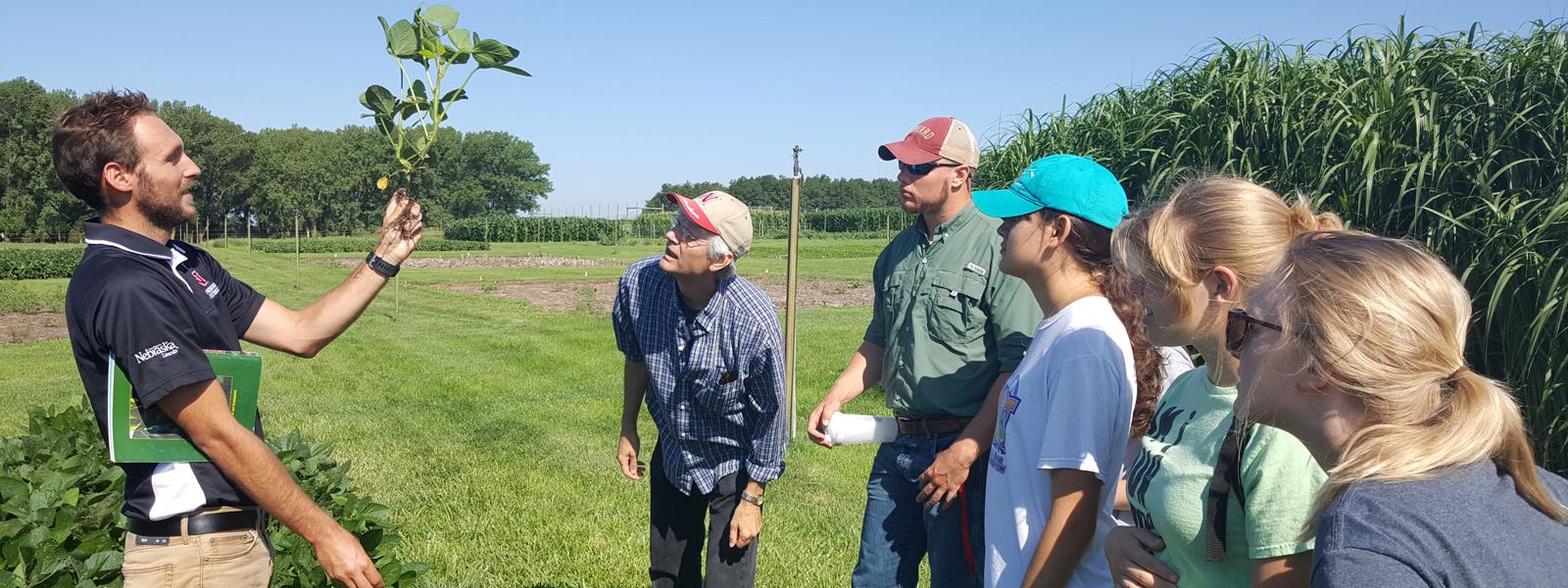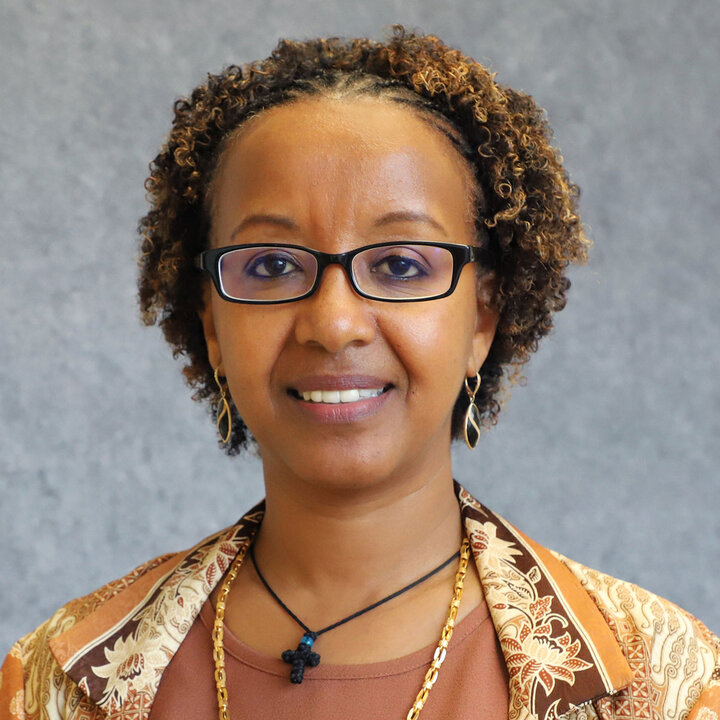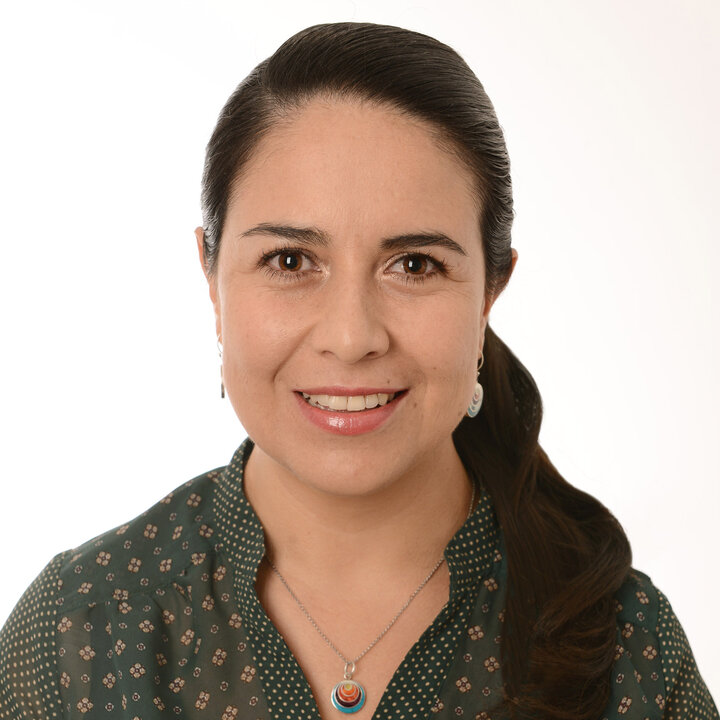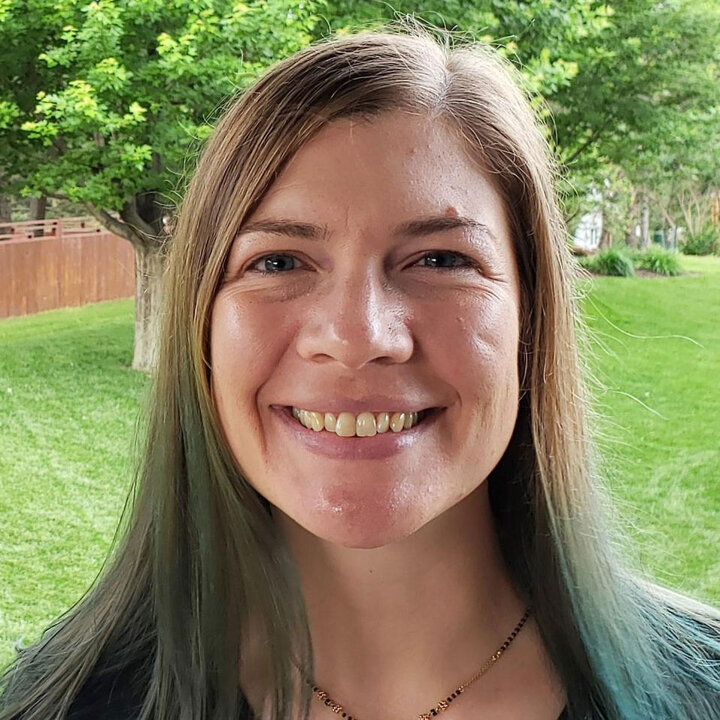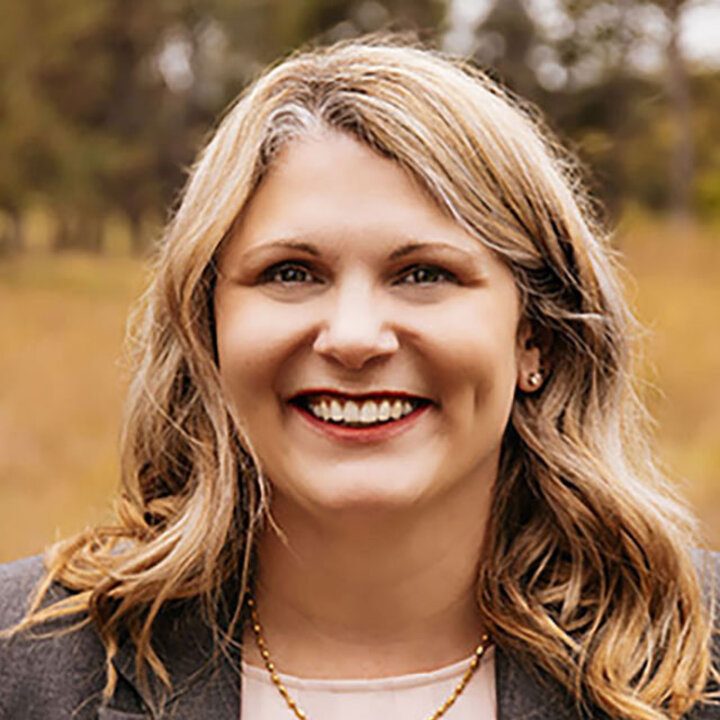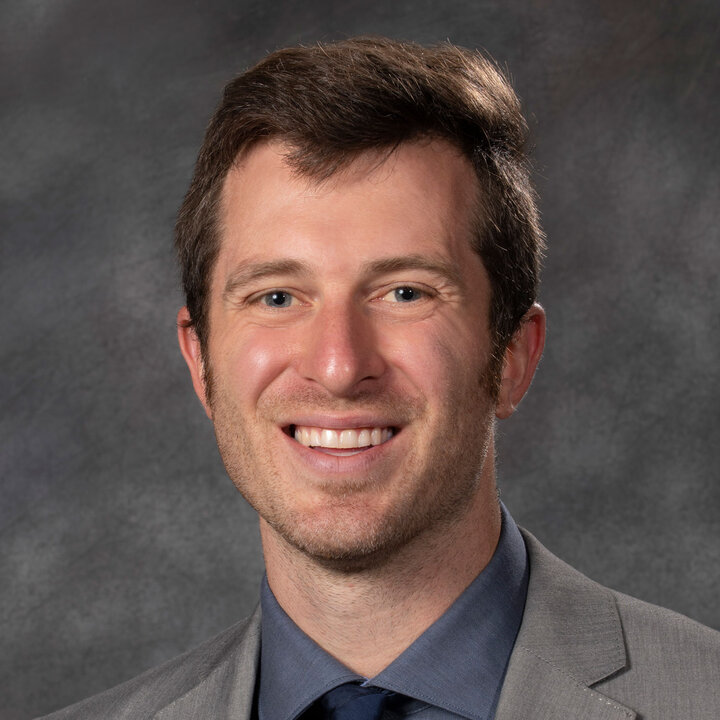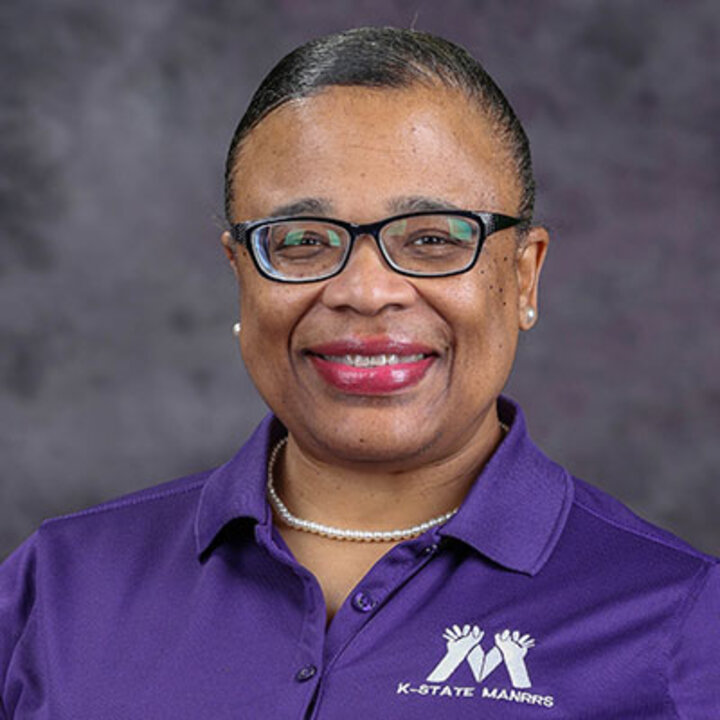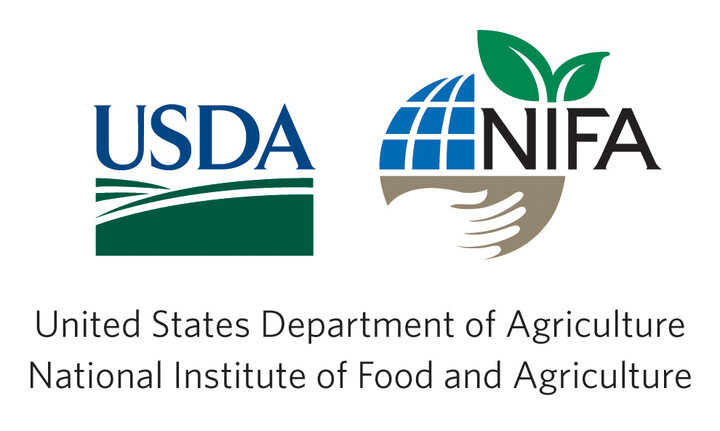
About the Program
The goal of this program is to prepare students with both knowledge and skills necessary to address the grand challenges of food production and the environment. Participating students will conduct a summer experiential internship related to his or her career interests and goals, choosing from a variety of programs in the applied plant, soil, and environmental sciences available through a network of collaborators. The students will also work with their program peers and a team of faculty mentors to engage in activities related to teamwork, decision making, systems thinking, and translating their summer work into learning objects for science literacy.
Program Objectives
- Growth in teamwork, decision making, & scientific process competency
- Connect research/experience to agricultural and natural resources challenges
- Translating experience into information- science literacy & outreach
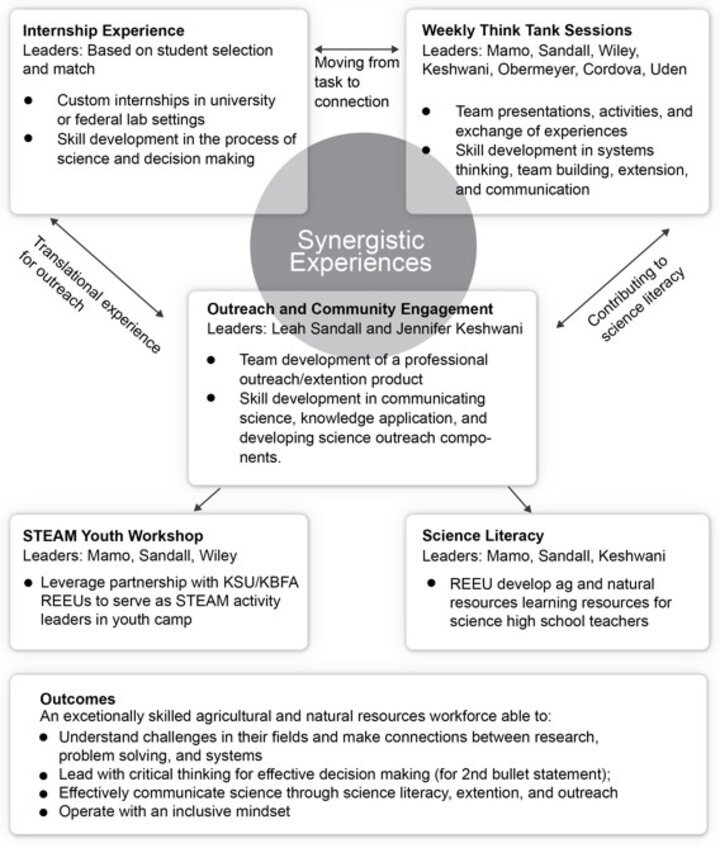
Internships and Student Activities
Once students are selected for participation in the program, they will be matched to an internship and a corresponding mentor. In the internship experience, students will be mentored to work with a hypothesis testing approach if their experiential learning is research focused or a predicted outcome approach for service and technology projects. We will ask students to document how they are using science knowledge and learning research skills in their day-to-day internships. They will have targeted goals for their skills and a weekly decision making inventory of how the science or its application that underpins the discipline is a part of their work and how they make decisions based on this science. Internships will be offered at an array of locations and institutions, including two USDA-ARS units located on the University of Nebraska-Lincoln’s East Campus, the USDA-NRCS Charles Kellogg Soil Survey Laboratory (KSSL) located in Lincoln, Nebraska, and several industry partners.
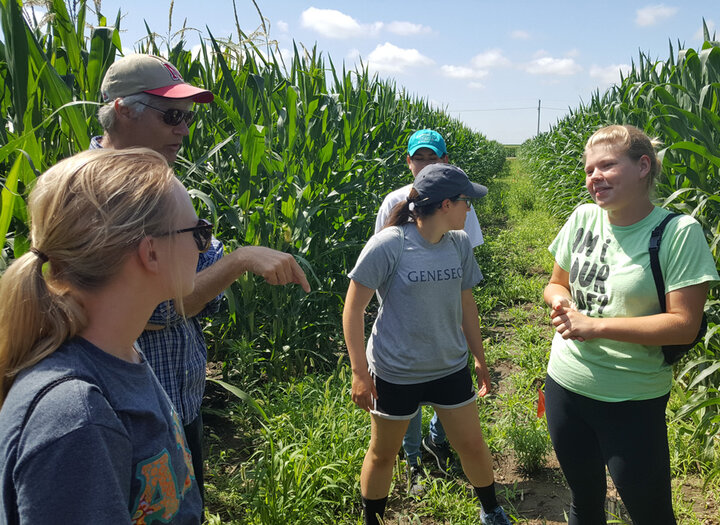
Program Team Members
Mamo has considerable experience mentoring students in creative activities related to teaching, research, outreach, and study abroad. Mamo led the APS program from 201-2021 and will be the lead director and coordinator of the proposed program and will co-lead in student recruitment, selection and mentoring.
Martha Mamo
Córdova has a track record of mentoring a group of undergraduate of field and lab researchers, as well as K-12 teachers through the National Science Foundation (NSF)-funded Research Experiences for Undergraduates (REU) and K-12 Partnership. Córdova has served as a bilingual (English-Spanish) teaching assistant, instructor, and co-instructor. Córdova will co-lead in student recruitment, selection, and mentoring. She will also co-lead the Tours with focus on how Extension engagement works to transfer knowledge to users but also to guide research questions from stakeholder feedback.
S. Carolina Córdova
Keshwani is a biological systems engineer. She has experience working with students and teachers to develop curricular resources related to STEM and agriculture. Dr. Keshwani will work with Leah Sandall to coordinate student efforts to develop outreach/extension products and teach students how to communicate their scientific knowledge to a broad audience.
Jennifer Keshwani
Bray-Obermeyer leads a team in coordinating efforts centered around career exploration and discovery, internships, experiential learning, and the full-time job search. She has been a part of the CASNR leadership team to establish an online networking and mentorship tool. Obermeyer will provide workshops and training that assist mentors and students in the development of employability skills.
Julie Bray-Obermeyer
Sandall has worked with students in the classroom and online and has experience developing online educational resources related to STEM and agriculture. Examples of these resources include video segments and online learning environments on the Plant and Soil Sciences eLibrary (PASSeL). Sandall co-facilitated and co-led the outreach/extension products development by students in the APS program in 2017-2021 and will continue in the same role for APS.2 program.
Leah Sandall
Uden, Assistant Professor, Resilience Spatial Scientist, and member of UNL’s Center for Resilience in Working Agricultural Landscapes, trains undergraduate students to apply systems thinking and resilience concepts to grand challenges at the intersection of ecology and agriculture. Dr. Uden will co-lead a Decision Making and Systems Thinking Think Tank and will connect students to rangeland ecology and management research opportunities at UNL’s Barta Brothers Ranch.
Daniel Uden
Wiley, Professor and Assistant Dean, Kansas State University College of Agriculture. She is the Junior MANNRS Coordinator for the KSU/Switzer Nicodemus Youth Ag Camp and a partner with the Kansas Black Farmers Association. Wiley will co-facilitate the integration of the STEAM learning session led by REEU participants. She will also facilitate the engagement of REEU participants with minority farmers.
